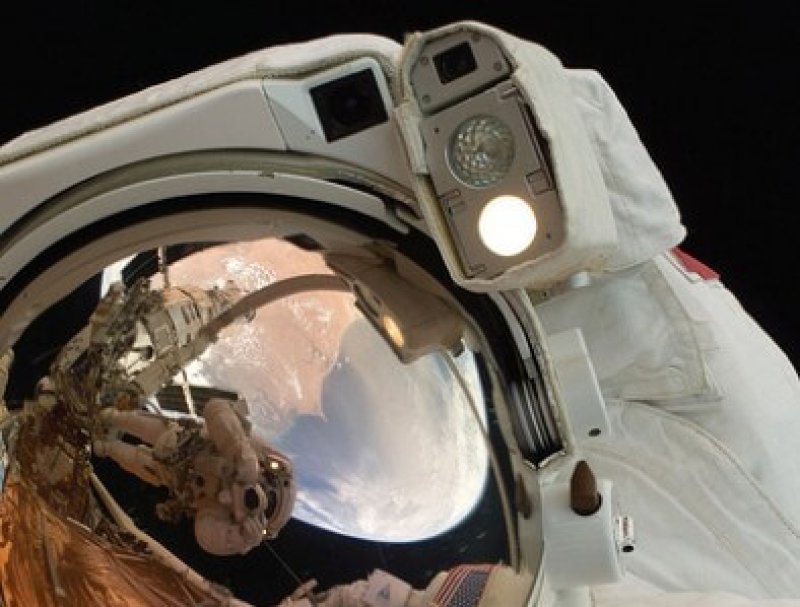The following is an excerpt
Humans in space are at risk of contracting a variety of ailments, such as brittle bones caused by low gravity and cancer triggered by cosmic radiation. Astronauts on the International Space Station (ISS) already take supplements to counteract ill effects, such as vitamin D, for bone strength. But when travelling further into space, astronauts will be exposed to radiation doses close to NASA’s acceptable lifetime limits, and it raises their chances of developing illnesses from damaged DNA.
To reduce each individual’s risk, researchers should examine their genome and then design countermeasures to protect against any potential problems, says Michael Schmidt of MetaboLogics in Fort Collins, Colorado, and Thomas Goodwin of NASA’s Johnson Space Center in Houston, Texas, in a forthcoming paper in Metabolomics.
Read the full story here: Genetic Information Could Improve Proper Treatment and Medicine Dosing For Astronauts
Additional Resources:
- “Genomic Medicine Just Hit the Accelerator,” Medscape Today































